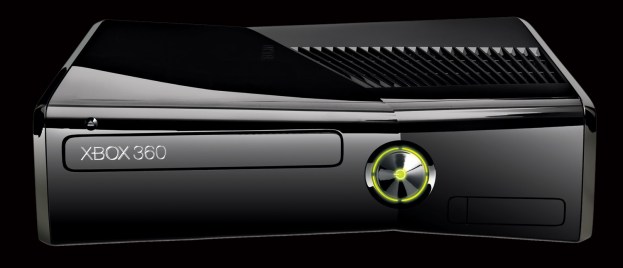
There have been a lot of rumors that the Xbox 720, Durango, the Next Xbox, or whatever Microsoft’s successor to the Xbox 360 wants to call itself, will require an “always-on” Internet connection. In fact, according to sources speaking with Kotaku, the Next Xbox will need to be constantly connected to the Internet to even turn on. The reaction has been less than enthusiastic, and many hoped that the reports weren’t true.
Based on comments from Microsoft Studios Creative Director Adam Orth, however, Kotaku’s sources were right on the money.
On Thursday, following Kotaku’s report, Orth took to Twitter to respond to the largely negative response to the news from players, journalists, and game developers like BioWare’s Manheer Heir. According to his glib statements, people should treat an Internet connection like any other power source. “Sometimes the electricity goes out,” said Orth, “[So] I will not purchase a vacuum cleaner. The mobile reception in the area I live is spotty and unreliable. I will not buy a mobile phone.”
“Every device is now ‘always-on’. Deal with it.”
Orth’s statements seem to confirm that the Next Xbox will indeed require a persistent Internet connection. Kotaku’s sources claim that if a connection goes down than whatever game or application the console is running will be suspended.
Here is the reality: There are many, many Americans without reliable access to high-speed Internet connections. As of 2011, 68-percent of U.S. households have access to broadband Internet, while 10-percent of homes don’t even have access to basic broadband, meaning that even if they’ve wanted to get online they couldn’t. Efforts are underway to change that. For example, there’s the $4 billion BTOP grant program trying to bring broadband to rural areas, but the process is slow going and fraught with problems.
Another reality: The primary audience for the Xbox is American. The Xbox 360 has remained the best-selling console in the U.S. month in and month out for nearly three years. While it’s had success abroad, the biggest Xbox audience is domestic.
If Microsoft insists on requiring an Internet connection to even use its next console, it risks alienating a huge number of people that would otherwise be very loyal to its brand. The timing also couldn’t be worse. Sim City‘s recent dismal launch, not to mention the ongoing problems for Xbox 360 owners with the online-only game Defiance, are enough cause for concern to make people wonder about the technical feasibility of an always on console. And then, of course, there are the rumors that the online connection will be used as a way to block used games. Sony has already said it isn’t planning to stop used games. If Microsoft doesn’t follow suit, it could be in for a difficult time.


